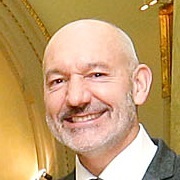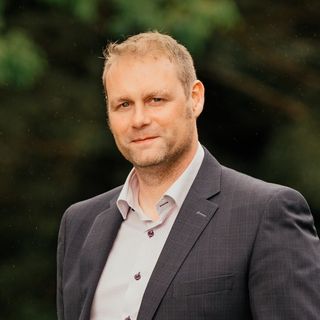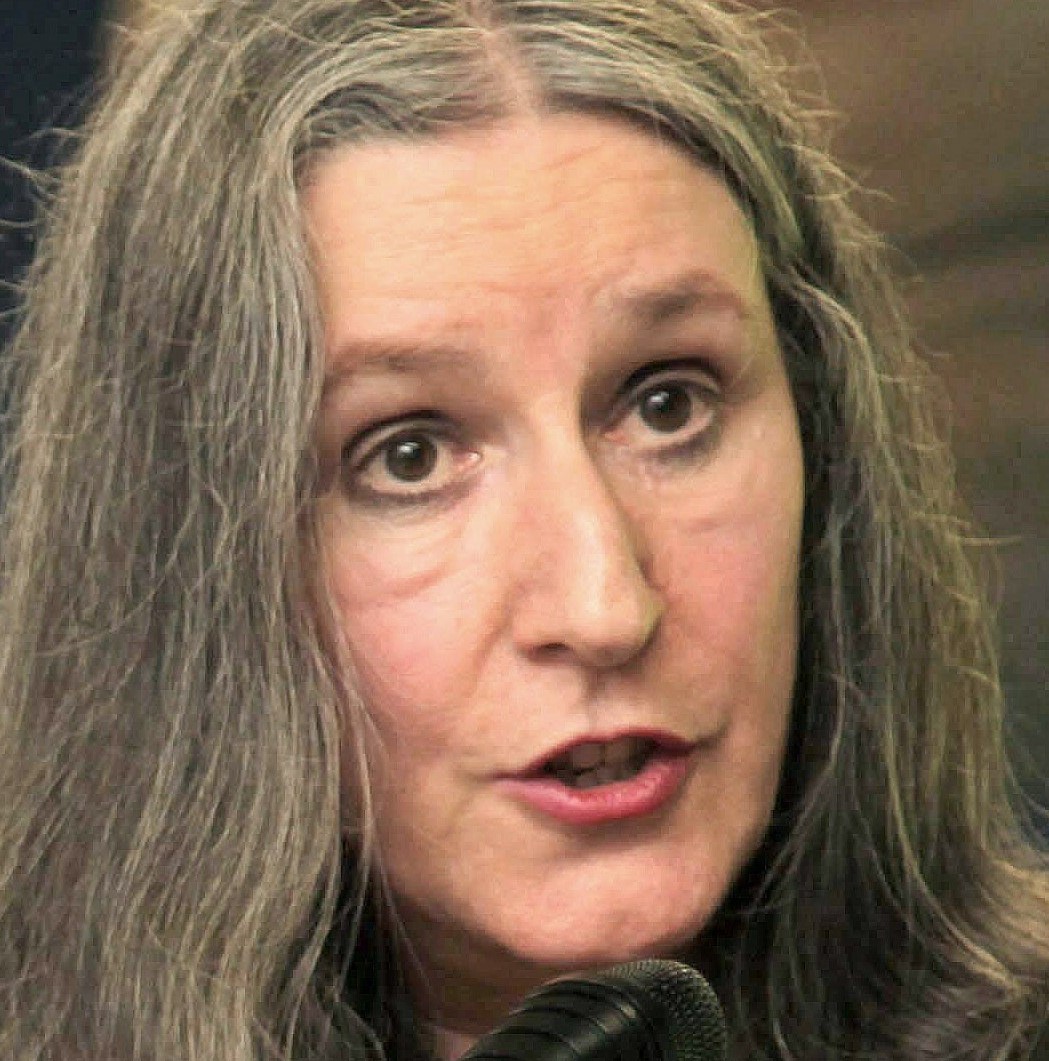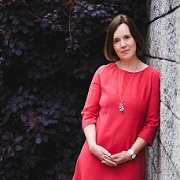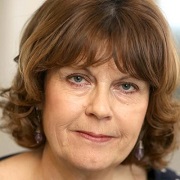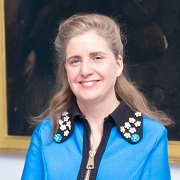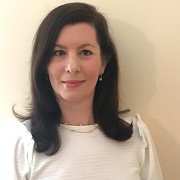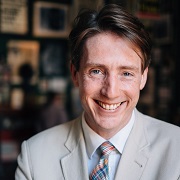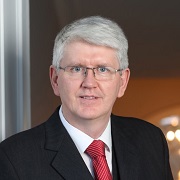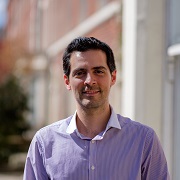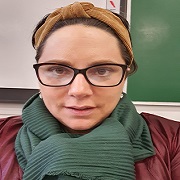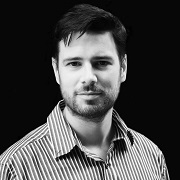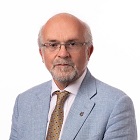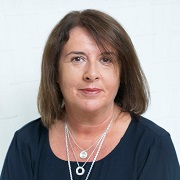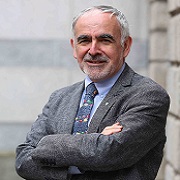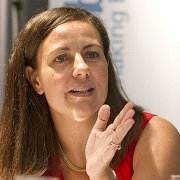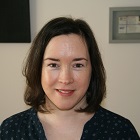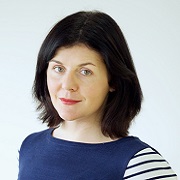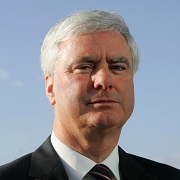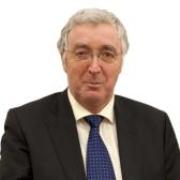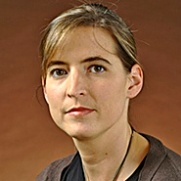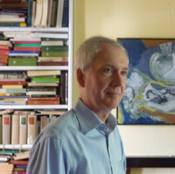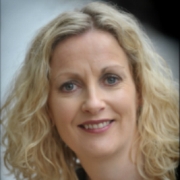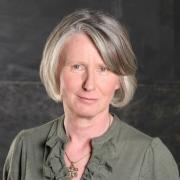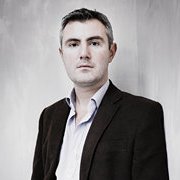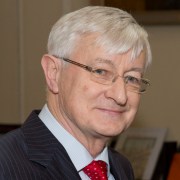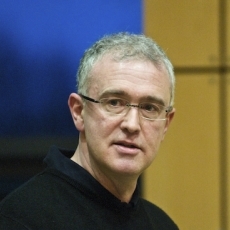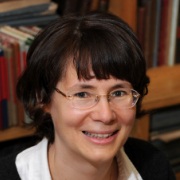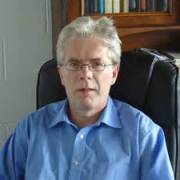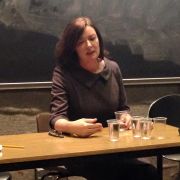It will be a surprise to no one today that, in a complex and challenging world, arts, culture and humanities in general play a major role in our lives and in shaping our human condition. As a matter of fact it is when times get darker and life becomes more difficult that we should consider sharing more and exploring more about the conditions of others.
For me, Humanities with their different forms and disciplines are like the branches of a tree that spread in the air looking for light, new space and seeking another horizon. Should the branches die one after the other due to the lack of resources then the tree naturally starts to shrink and reduce to become a barren trunk.
As a linguist and a man who dedicated his career to lifelong learning both in France and abroad, I have no hesitation to write that languages represent one of the most vital of these branches as they enable us to communicate of course but they also represent a link between one and his inner self, between one and others. Because there is no diversity without languages. No exchange. No understanding of the world. Neither is there an appreciation of other’s cultures. And in the end, no real knowledge of oneself.
Today one cannot neglect the importance of languages and the fact that the Department of Education and Skills in Ireland has recently committed itself to develop and publish a foreign languages strategy in 2015 shows that the issue of languages benefits from some special attention. The idea is to implement rapidly measures to promote awareness, at national, community, enterprise and individual level, of the importance of language learning and to increase interest in and motivation for foreign language learning. The fact that there is a foreign language deficit in Ireland is acknowledged and an effort is made to tackle this key issue in a country bound to play a key role in Europe and in the world in the years to come.
It is in this context that the Alliance française has a humble but very effective role to play. Founded in Paris in 1883 by visionary men like diplomat Paul Cambon, geographer Pierre Foncin and biologist Louis Pasteur Alliance française was created to promote progress through education and cultural exchange. Its primary principle, surprising in a country that always expects so much from the State, was to bet on a non-state association to implement a policy of cultural and educational influence abroad. The second principle lies in the attempts to replace the failure of weapons with the power of culture by holding exhibitions, concerts and language courses. The last principle was the decision of some enlightened Frenchmen to entrust the worldwide promotion of French cultural and language to people from other countries.
In a word: no more blood but more culture.
Today the Alliance française continues to disseminate its values of sharing and friendship amongst various peoples throughout the world. It is the largest NGO in the world, with more than 500,000 students, 13,000 employees and 812 Administrative Committees. In Dublin, every single year for more than half of a century our team of native speakers have been teaching the French language to more than 3,500 students from different backgrounds and ages.
By promoting French culture in all its different forms – from language to arts - but also by developing intercultural exchanges between Ireland and the whole French-speaking world, the Alliance française de Dublin brings people together and I feel deeply honoured to be managing a vibrant organisation open to all those who want to share their passion for languages and satisfy their desire of sharing their culture with others.


